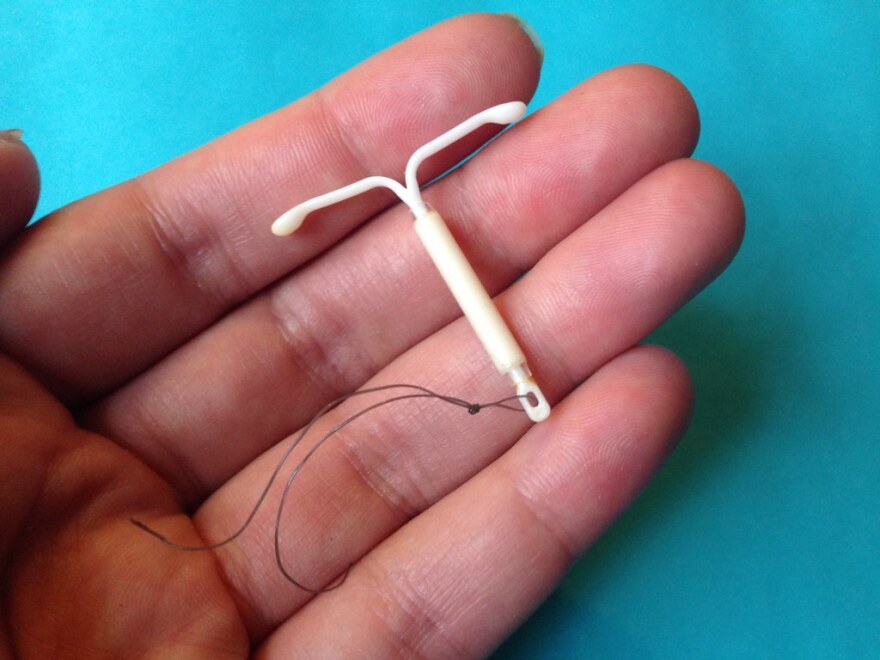Planned Parenthood pulled out of the Title X program Monday after the Department of Health and Human Services ruled that clinics receiving Title X funding may not refer patients to abortion providers. After months of threats, Planned Parenthood refused to abide by the ruling and opted to give up federal money in favor of maintaining abortion services. In North Carolina, Planned Parenthood affiliates were stripped of federal funding in May. The state health department gave those dollars solely to clinics that do not refer to abortion providers. Title X ensures that low-income and young patients have access to basic, preventive reproductive care.The program subsidizes the costs of STI testing and contraceptives, among other reproductive care options. Without federal subsidies, Planned Parenthood patients are turning to local health departments and religiously-affiliated clinics that abide by the rules. Host Frank Stasio talks with Dr. Katherine Farris, medical director of Planned Parenthood South Atlantic, Elizabeth Finley, director of strategic communications at SHIFT NC, and Richara Krajewski, board member of the Pro-Life Union of Greater Philadelphia about how the change in federal funding will alter the healthcare landscape of North Carolina.
How Planned Parenthood Refusing Title X Rules Affects Low-Income And Young Patients

Sarah Mirk / Creative Commons

